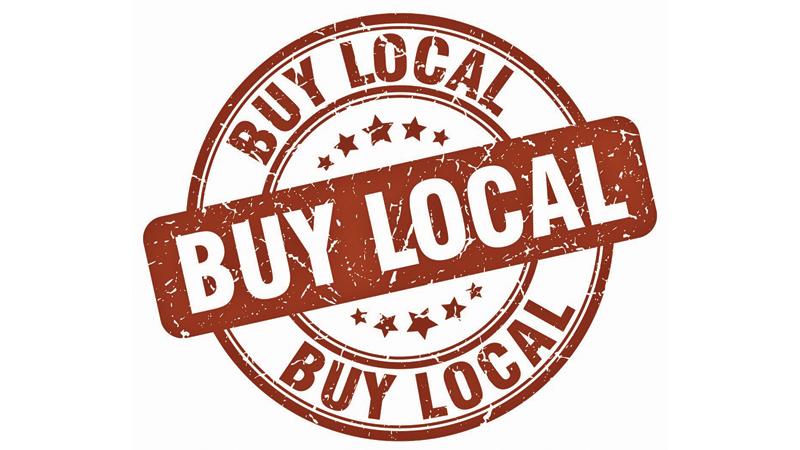
History and culture prove that we Sri Lankans are very patriotic and are ‘vocal’ about it too. Does it limit itself to merely being vocal only or do we actually live by that. Most very authentic local brands have had natural deaths in the local market not being able to keep pace with the evolving market challenges due to numerous local and global developments.
 Other than a very few local brands, that too with a minor market share, multinationals dominate most industries though you may not see or know the actual ownership of such organisations.
Other than a very few local brands, that too with a minor market share, multinationals dominate most industries though you may not see or know the actual ownership of such organisations.
But, the reality is that most products and services we consume on a daily basis are owned by multinationals - if not fully, with majority shareholding. The consumer behaviour in Sri Lanka is ‘funny’.
Some patriotic Sri Lankan consumers expect everyone else to buy ‘local’, but they themselves buy what offers value to them. The market share split in every industry bears ample testimony. You may search, analyse and be convinced – more importantly use it to formulate the winning business strategies.
While the concept of marketing is about satisfying individual customer needs and wants, the concept of patriotism is about collectivist thinking and action. Patriotism demands that the individual subjugate his desires to the collective interest of the nation, even to sacrificing himself, family, and friends. We see an increasing number of marketers in Sri Lanka joining the ‘patriotism band wagon’ and riding free for business and marketing reasons.
The synergies due to single minded positioning thus communication and influence over consumer choice provide the rationale for this platform. Few people question whether this patriotism is actually in their own best interests. But, the fact remains that local brands in many industries have a small market share.
‘Love for one’s country’ is taken as being a good characteristic for any individual to possess no matter which part of the world you live in. In any country, the government is the biggest promoter of patriotism.
Politicians love to make patriotic speeches, exhort citizens to do their patriotic duty and present themselves as a shining example of patriotism. One political party trying to outdo the other in terms of the level of devotion is a common phenomenon in Sri Lanka. The state, through appeals to patriotism, inculcates an attachment to the state, instead of the nation. The state advocates complete and absolute obedience to the dictates of its leaders as a sign of love for one’s country. Sri Lankan marketeers attempt to foster the idea ‘my country, right or wrong’ as a prime example of patriotism. Any rational, clear thinking individual can see the foolishness of ‘my country, right or wrong’, and that it is a recipe for disaster.
Don’t ask the consumer to sacrifice
My focus is not politics, but on business and marketing. In the recent past, the Sri Lankan consumer has been used by patriotic product and service brand attributes to achieve business goals.
In many cases, patriotism is used cover up product or service gaps to exploit the patriotic feelings of the consumer to influence purchasing decisions. Many Companies use patriotism as the last refuge to market their products rather than focusing on the right value proposition that will naturally sell. For the consumer, purchasing local products and services is a good way of expressing his or her love for the country. Most patriotic consumers exhibit an emotional attachment to the brands that offer patriotic attributes.
If patriotism has any value, it would be as a friendly competition between equals who have the same rights, where one hopes that all competitors do well, but hopes that his side does the best. From an economic perspective, the merits of patriotism are numerous. However, it’s up to local business leaders to effectively challenge the MNCs supported by the policy of the state. India is a good example, and if we simply copy and embrace their philosophy and policy, we will have a market that will have honestly patriotic customers who wholeheartedly buy local brands to support their own economy. Which new president will be better at it? It’s your call.
